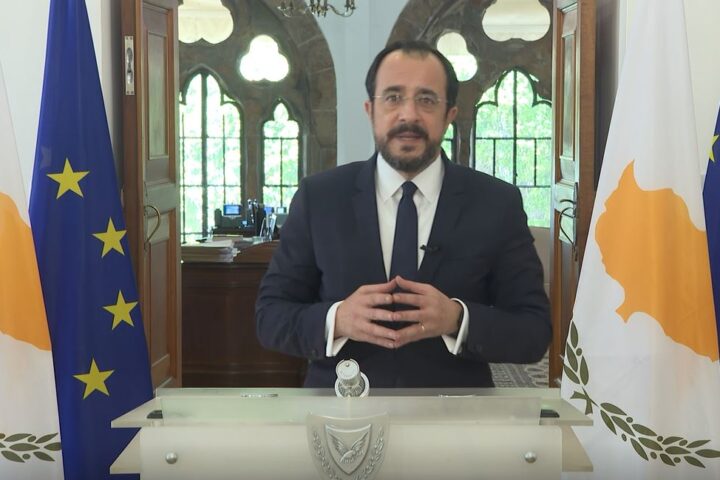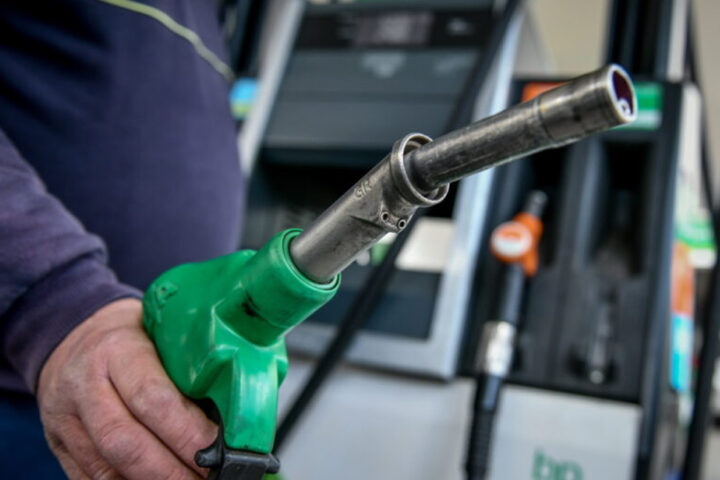Plans to cut the VAT rate on selected consumer goods and services or reduce it to zero and the Finance Minister’s call on banks and loan recovery firms to reduce mortgage rates are all in the right direction.
However, as generous and voter-friendly as these measures may sound, such cuts should not be retroactive within a general effort to help contain inflation.
Cyprus has failed to be proactive in increasing the use of renewables in its energy mix, which would help reduce reliance on liquid fuels, such as the painful tax; Cypriot consumers continue to pay for the short-sightedness of officials not importing natural gas to burn at power stations.
The purchase of electric vehicles has been a mixed bag with reserved enthusiasm simply because the price tag on a brand-new EV is too high for many to afford, despite state subsidies, with motorists turning to cheaper options.
Not many have realised this will be a greater burden on the environment sooner than later, once the costly battery reaches the end of its life and has to be replaced and the old one disposed of.
Temporary abolition of VAT on bread and milk will help bring down high inflation, but there is no guarantee that this measure will not be repealed to boost state revenues and pay for the bloated public sector payroll.
Cyprus needs to redefine its economic policy and growth models rapidly. However, simply putting a band-aid on a major wound is not enough.
As the latest sanctions on service providers harbouring Russian oligarch’s assets have proven, continuing the ‘golden passports’ programme was criminal by the previous administration, and the reputation of Cyprus remains in tatters.
Startups are increasing at a snail’s pace, and foreign companies are increasingly choosing to relocate to Cyprus.
But if this is not based on strong foundations of long-term incentives, ease of doing business and a combination of social measures, such as tax cuts, albeit limited, foreign investors could easily pack up and leave overnight.
More is needed in smart services and products that will help lower costs and make the Cyprus economy competitive.
Green investments need to be seen to be believed, as we have had many promises during the past decade, which seemed to favour the few, and almost obliterated the middle class.
And the small to medium-sized enterprises, formerly considered the driving force of the economy and hailed by every president in recent history, need to be supported in practical ways to help them retrieve lost ground, adapt to new markets and put Cyprus on the exports, services and tourism map.










